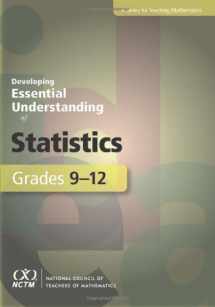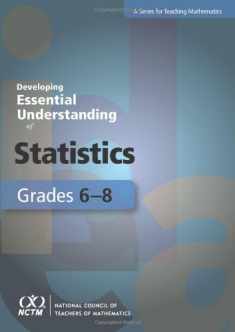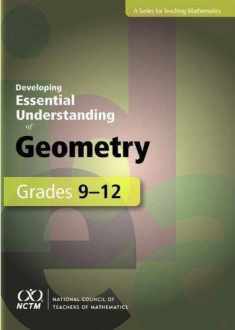
Developing Essential Understanding of Statistics for Teaching Mathematics in Grades 9–12
Book details
Summary
Description
How does a statistical model differ from a mathematical model? What are the differences among the sample distribution, the sampling distribution, and the population distribution? In an experiment, what effect does the sampling method have on the results? What are the implications of the use of processes of random selection and random assignment? Can a small sample yield accurate estimates of population parameters?
This book examines five big ideas and twenty-four related essential understandings for teaching statistics in grades 9-12. The authors distinguish mathematical and statistical models, explore distributions as descriptions of variability in data, focus on the fundamentals of testing hypotheses to draw conclusions from data, highlight the importance of the data collection method, and recognize the need to examine bias, precision, and sampling method in evaluating statistical estimators. Recognizing that analyzing data is an important part of understanding the world, the authors discuss the growth of students ideas about statistics and examine challenges to teaching, learning, and assessment. They intersperse their discussion with questions for teachers reflection.


We would LOVE it if you could help us and other readers by reviewing the book
Book review





